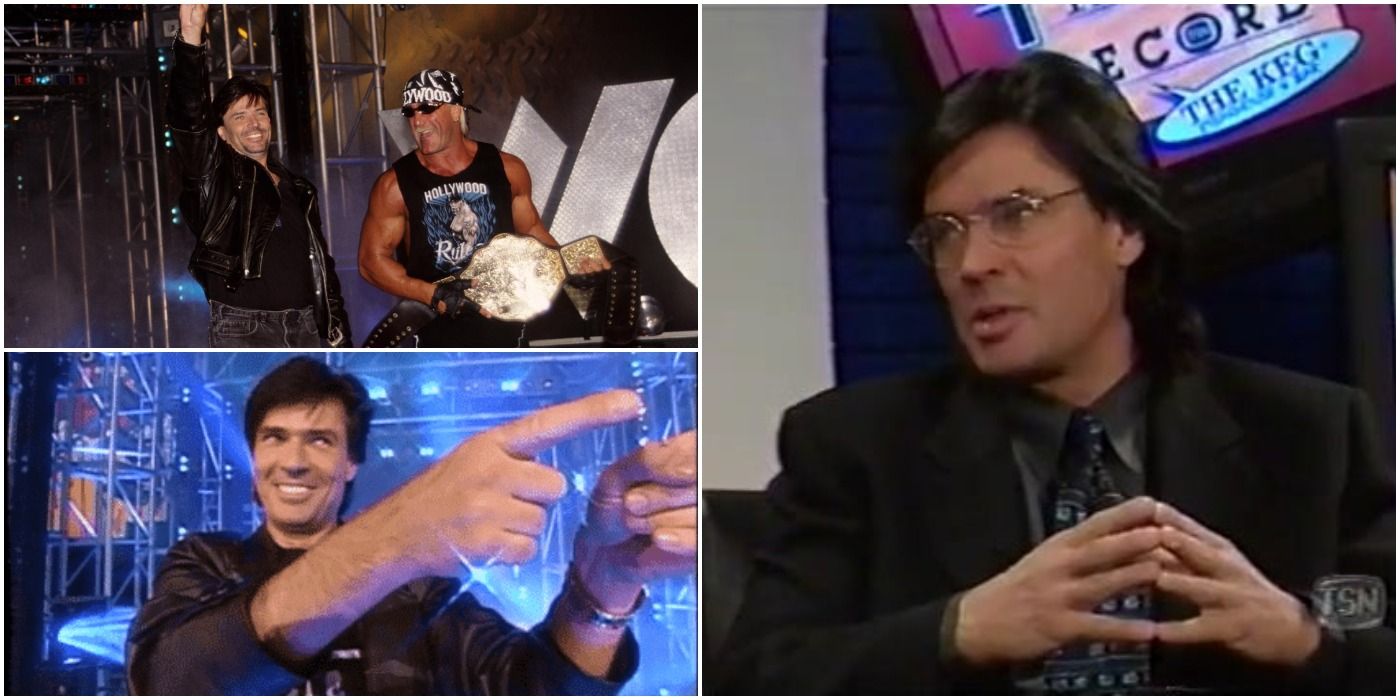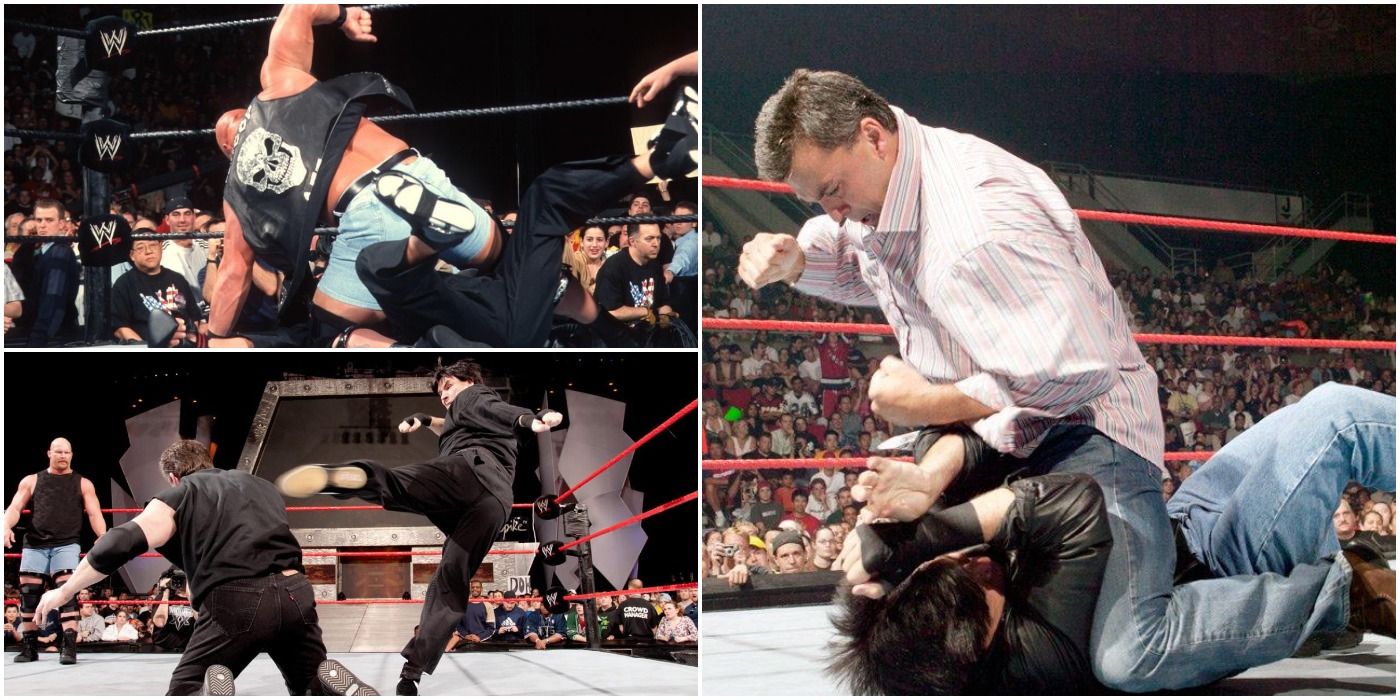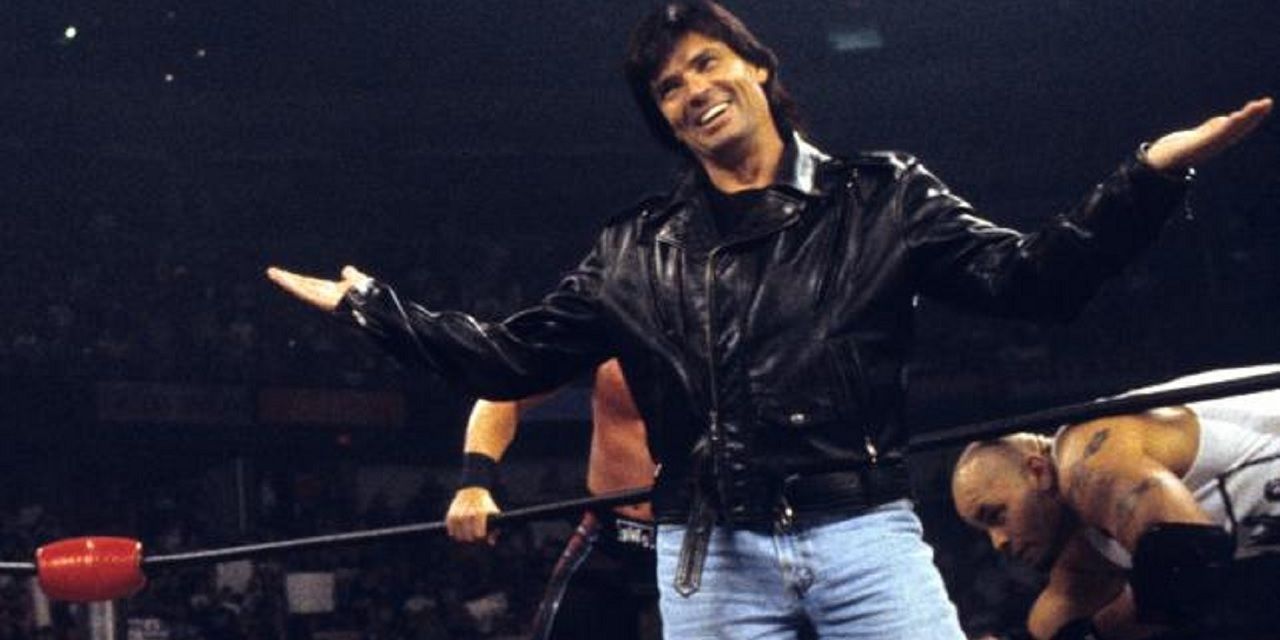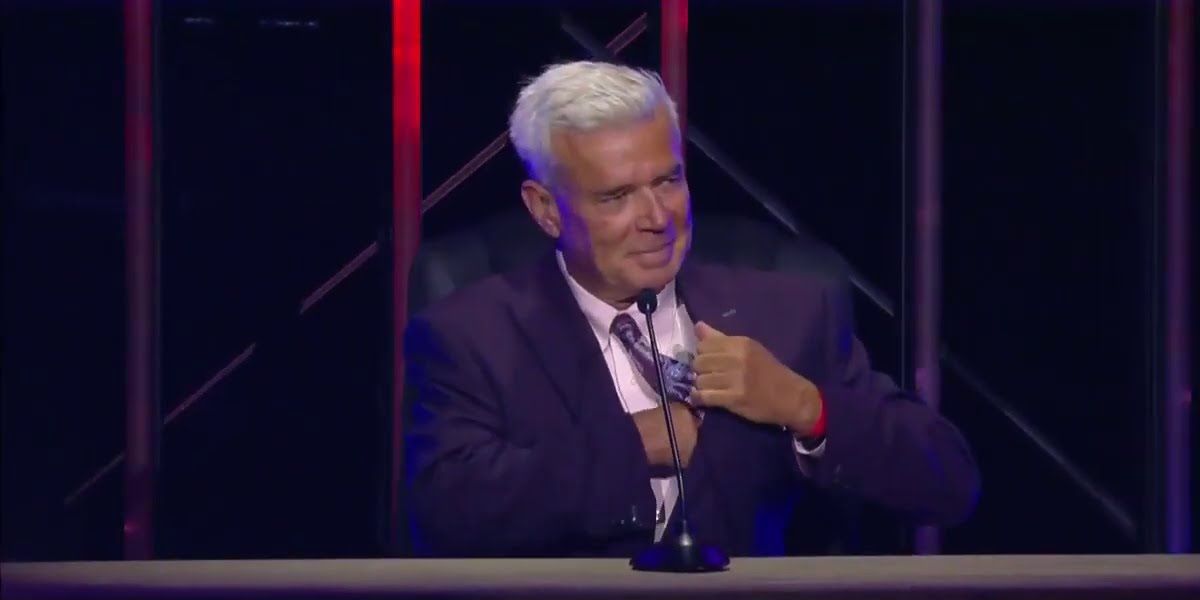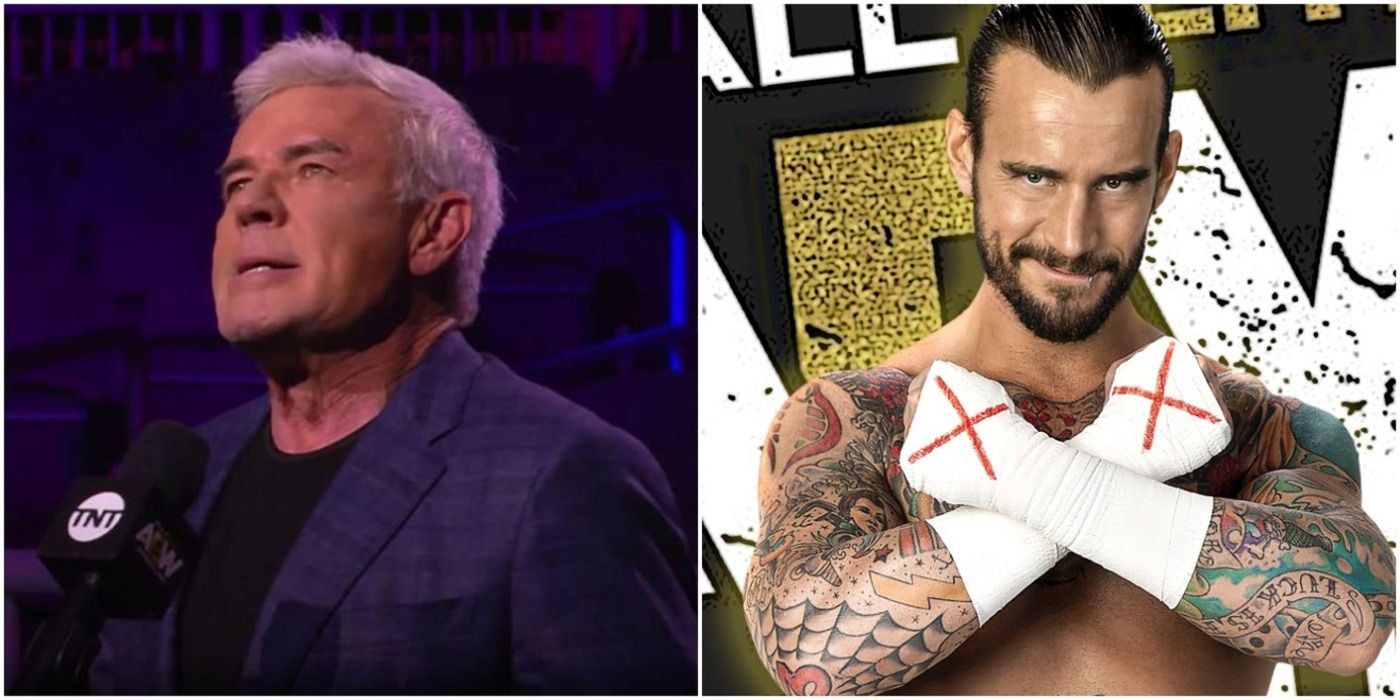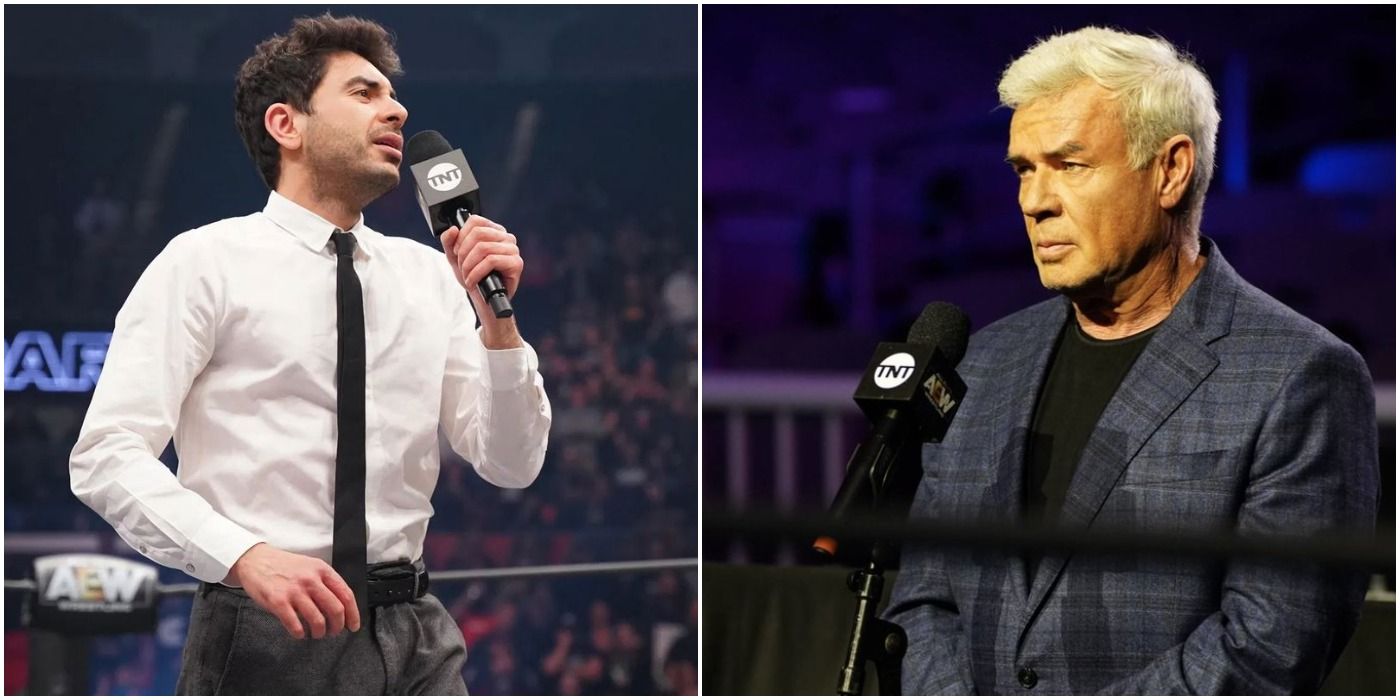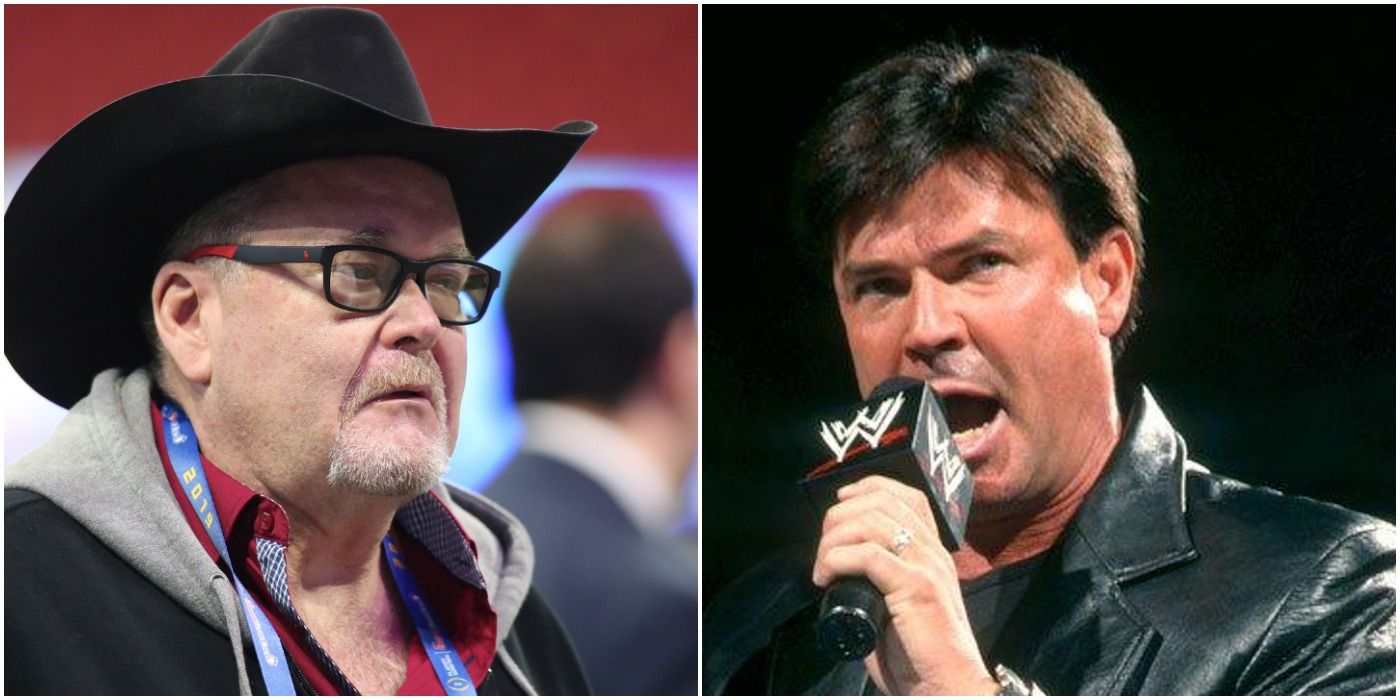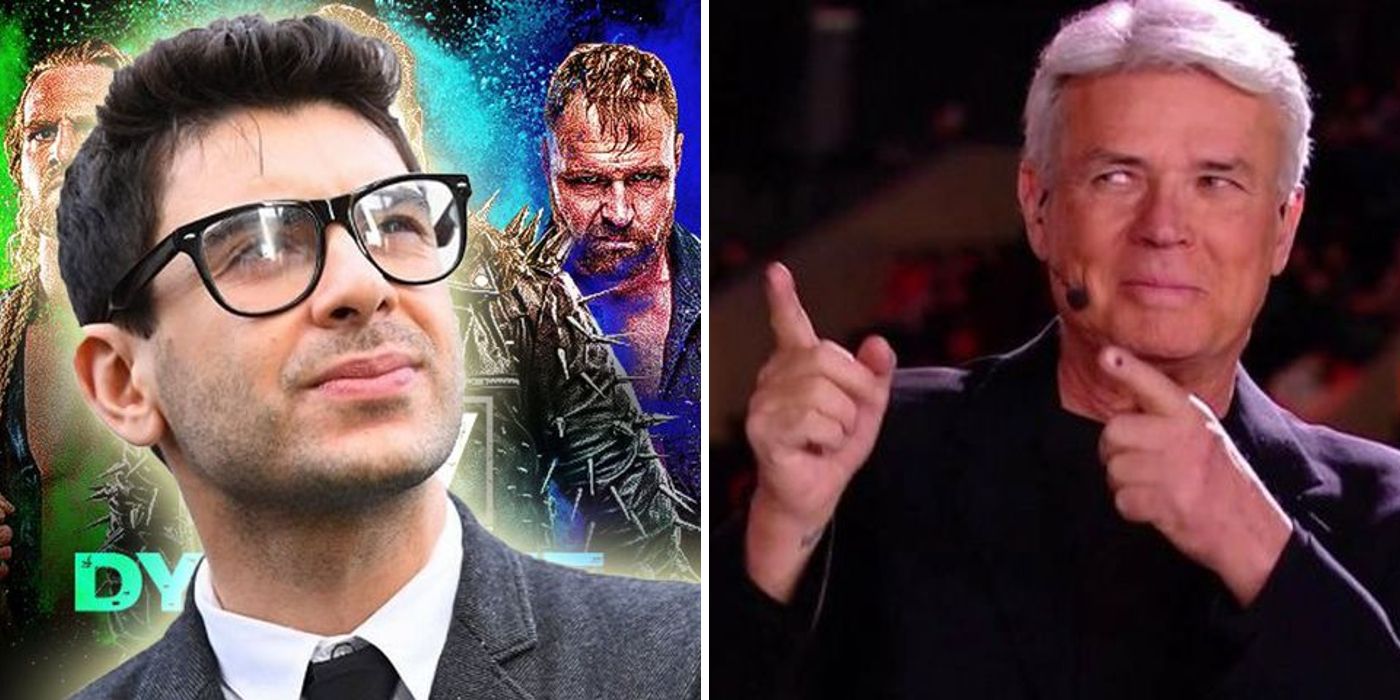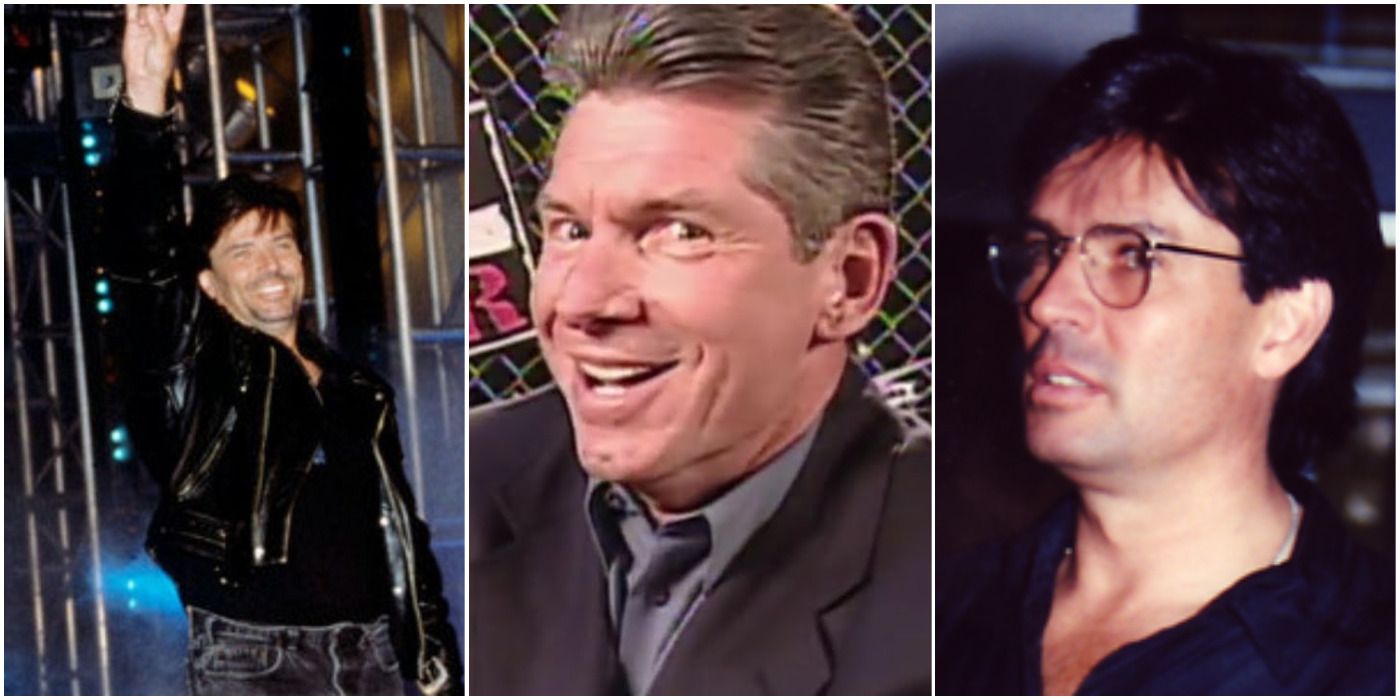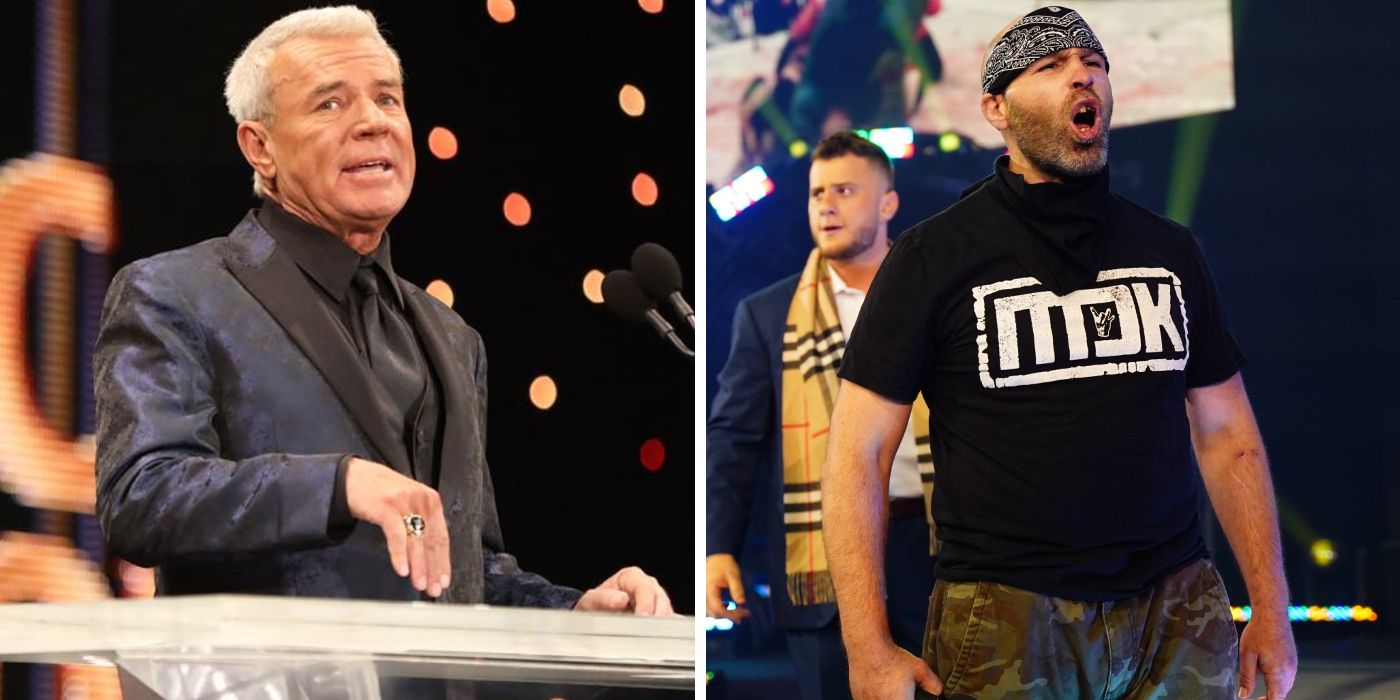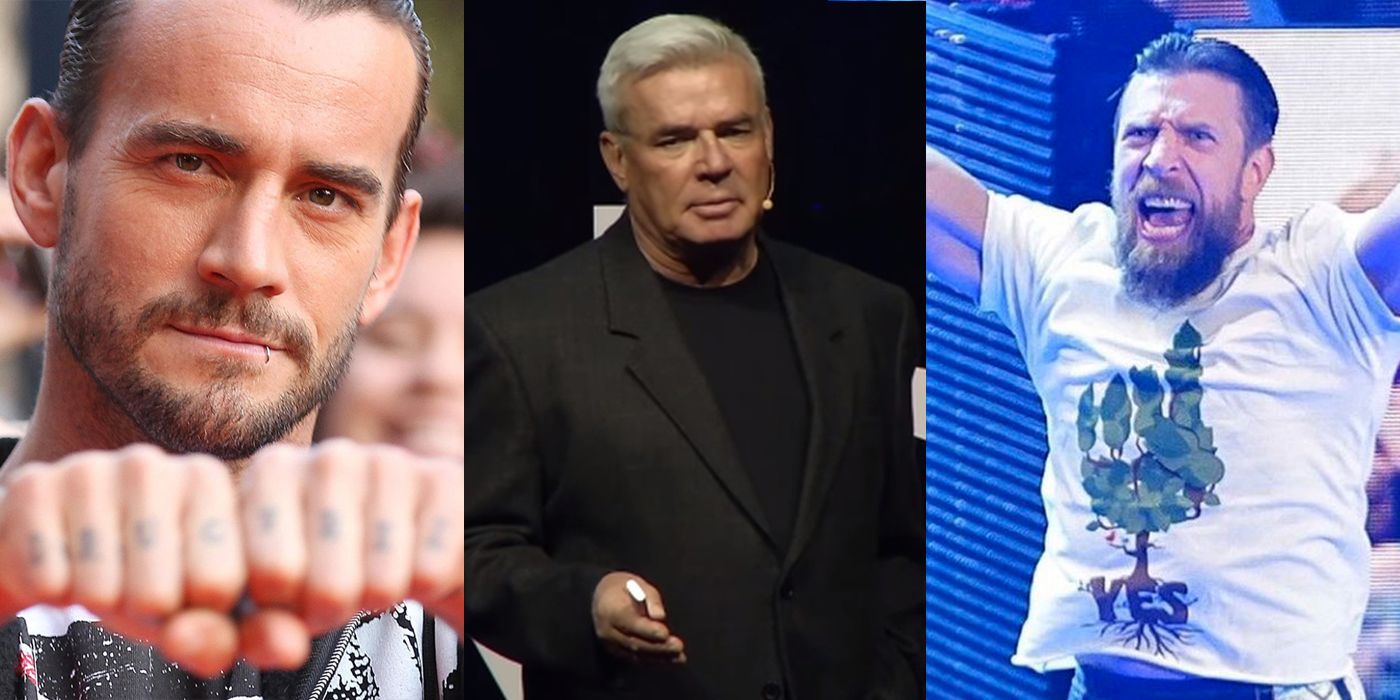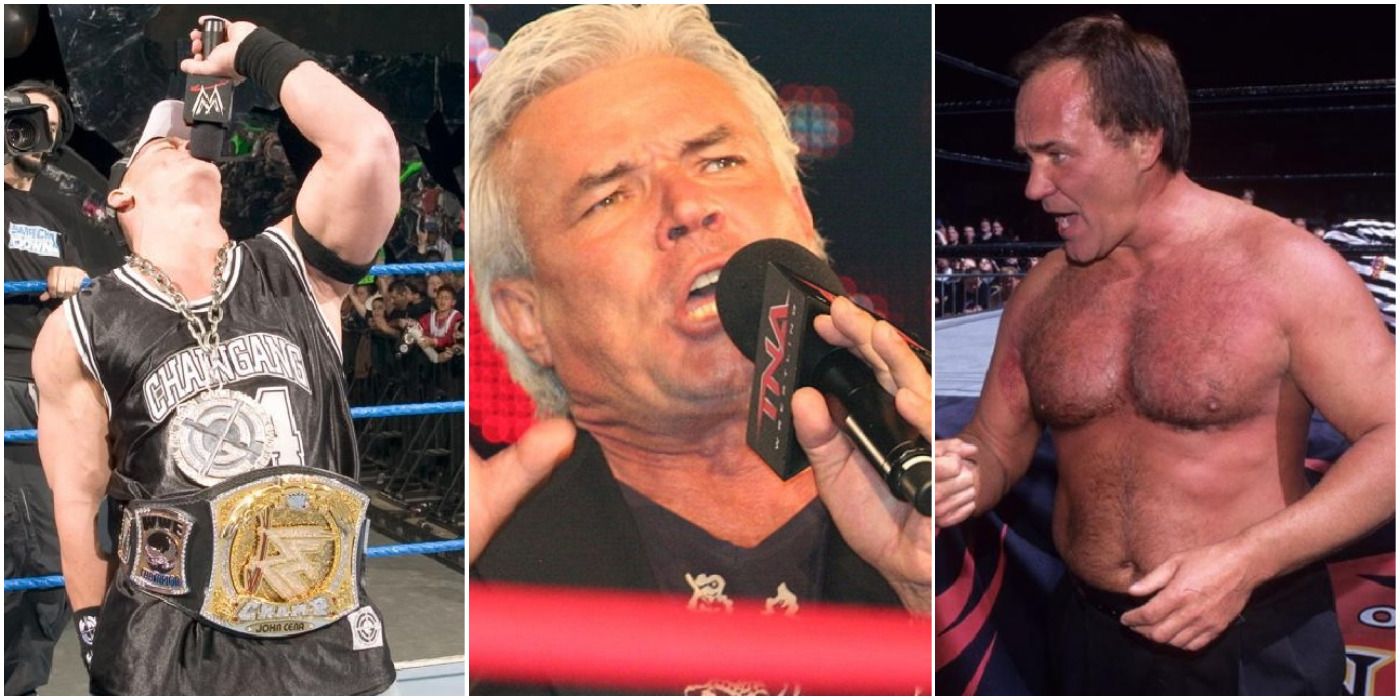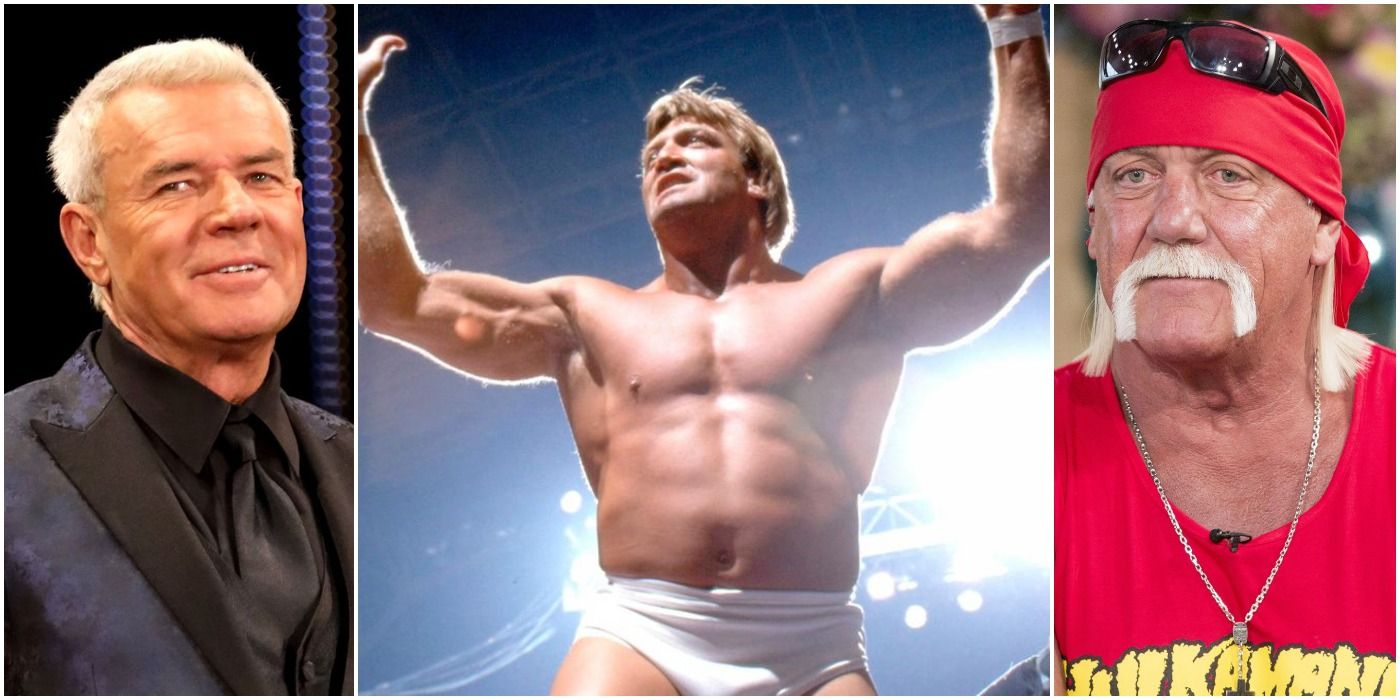The American Wrestling Association
Bischoff broke into the wrestling business when he began working for Verne Gagne’s AWA in 1986. Three years after he started with the promotion, Bischoff began working as an on-screen personality; he conducted interviews and served as a ring announcer. Initially, Bischoff had no interest in working on-screen but was all but thrust into the position when AWA’s original ring announcer was arrested for a DUI.
Over time, the AWA’s financial situation grew more dire until the promotion folded in 1991. Eric Bischoff was able to jump ship and would soon rise to incredible notoriety within the wrestling world.
Bischoff Comes To WCW
Bischoff joined World Championship Wrestling in 1991 as a ring announcer. In 1993, Bischoff was promoted to Executive Producer following the resignation of Bill Watts. Then, just one year later, Bischoff received another promotion; he was now the Senior Vice President of WCW, effectively putting him in charge of the company.
Under Bischoff’s leadership, WCW was revamped and reformed into a major competitor to WWE. They invested more money into production costs and pay-per-views and debuted a new weekly television called WCW Monday Nitro to compete directly against Monday Night Raw. The creation of Nitro marked the beginning of the infamous Monday Night Wars.
After trading victories week in and week out, WCW found immense success in the Monday Night Wars. Much of their success was thanks to Kevin Nash, Scott Hall, and Hulk Hogan forming the nWo. Their “hostile takeover” of WCW had fans hooked from the jump and made WCW the talk of the wrestling business.
WCW’s Decline & Downfall
Unfortunately, WCW’s success wouldn’t last forever; as WWE entered its Attitude Era, fan interest in the company exploded. Stars like Steve Austin, Chyna, Mick Foley, and The Rock carried WWE to new heights, turning the tides of the years-long ratings war.
As WWE grew more popular, things only got worse for WCW. In 1999, Bischoff promoted Kevin Nash to head booker. Nash then made some incredibly controversial booking decisions, including ending Goldberg's legendary undefeated streak and crowning Hogan as World Heavyweight Champion via the “Fingerpoke of Doom.” Bischoff attempted to combat falling ratings by bringing in celebrities such as Dennis Rodman and Kiss, and spotlighted older, “big-name” wrestlers over younger stars.
On September 10, 1999, Bischoff was relieved of his position with WCW. He then worked as an onscreen personality for the promotion, working alongside Vince Russo as the leaders of the heel faction, “The New Blood.” WCW would fold two years later.
Bischoff As Raw General Manager
In 2002, Bischoff was hired by WWE. In addition to working backstage with the creative team, Bischoff also worked onscreen as the general manager of Raw. He made his televised debut on July 15, 2002, as a smarmy and conniving heel. He used his authority as GM to mess with stars such as John Cena and Steve Austin.
On the December 5, 2005 episode of Raw, Eric Bischoff was fired (in kayfabe) after being put on trial for his misdeeds as general manager. He continued to make some appearances for WWE over the next year, primarily to promote his book.
TNA Career & WWE Return
In 2009, Bischoff signed with TNA. He made his debut for the company on January 4, 2010, alongside his old colleague, Hulk Hogan. While he worked as a heel onstage, Bischoff also served as TNA’s executive producer. His relationship with the company soon turned sour though, as he eventually sued the company for unpaid salary.
Ever since departing from TNA in 2014, Bischoff has made occasional, sporadic appearances across the wrestling world. In 2017, Bischoff inducted DDP into the WWE Hall of Fame. He was inducted into the WWE Hall of Fame himself in 2021.

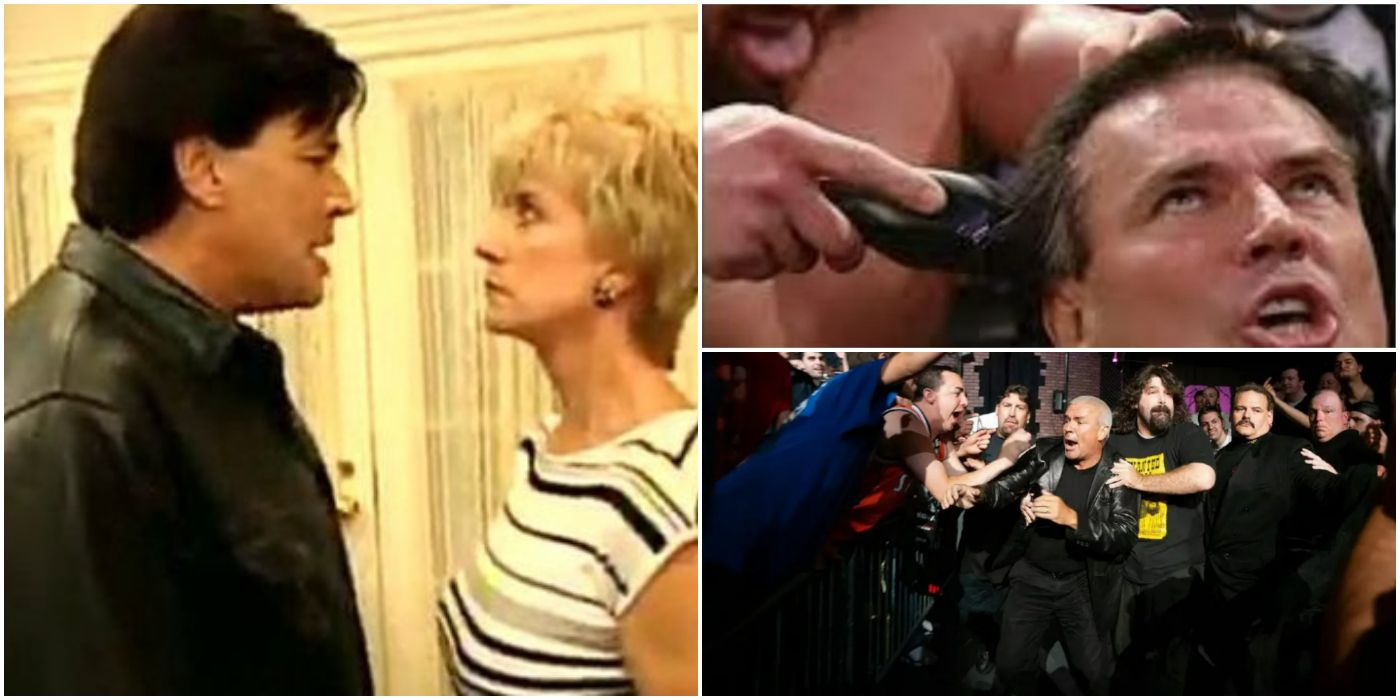
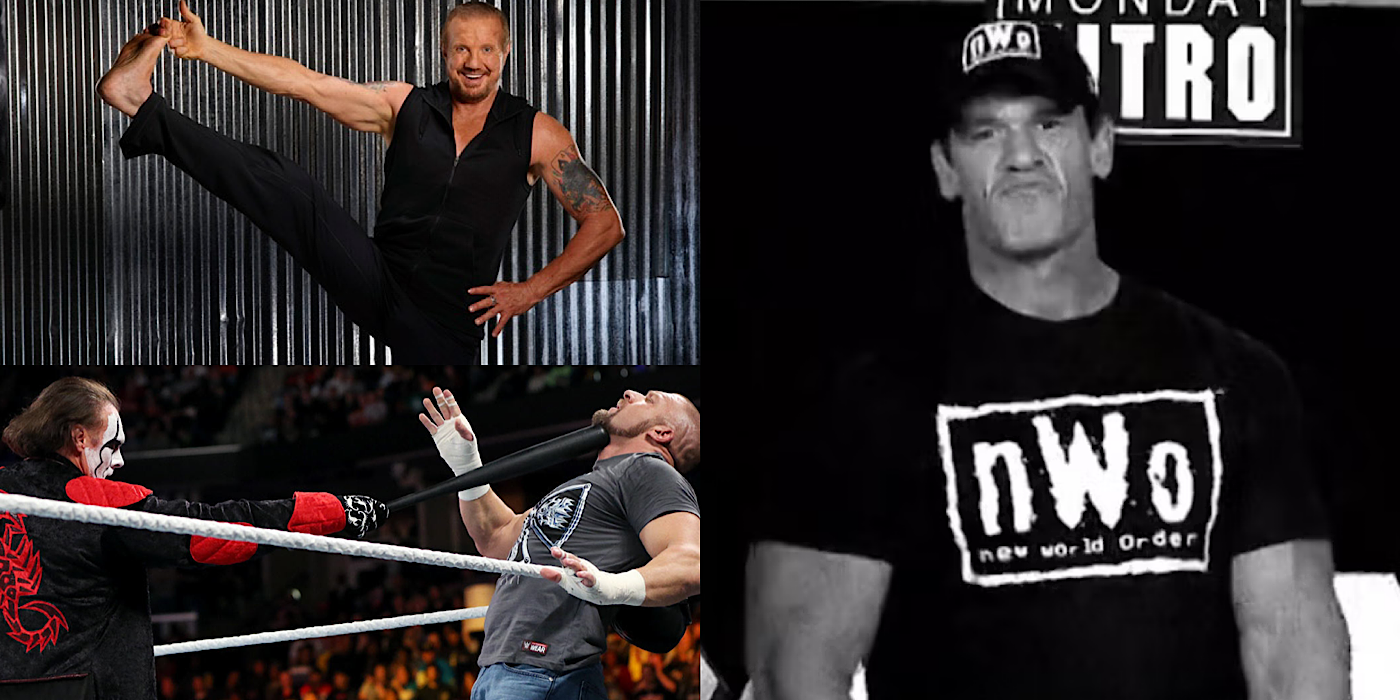
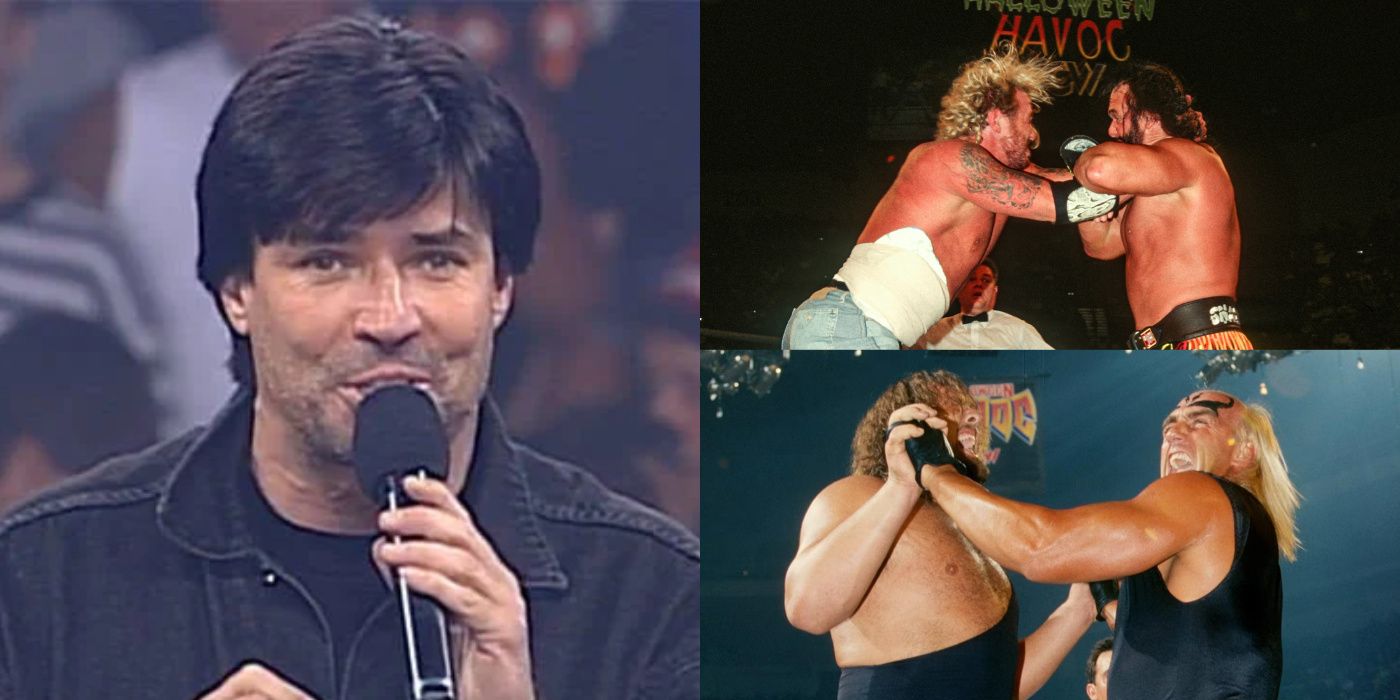
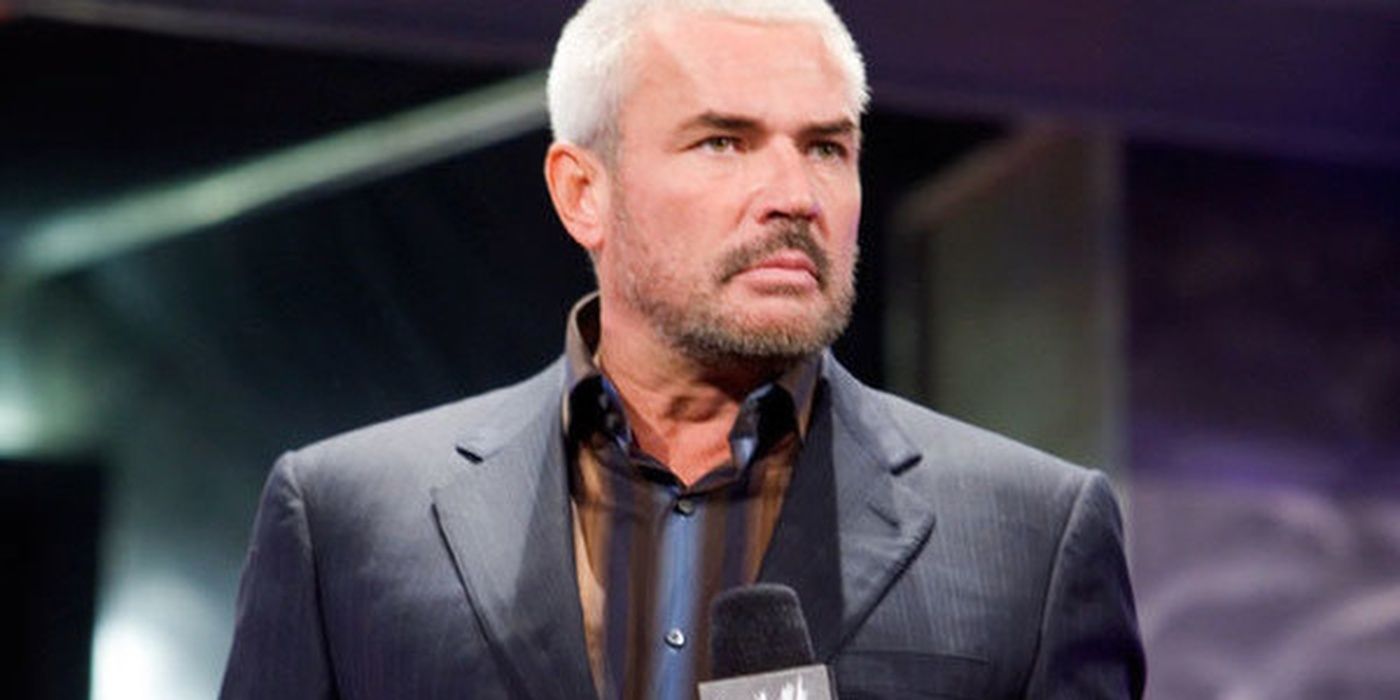

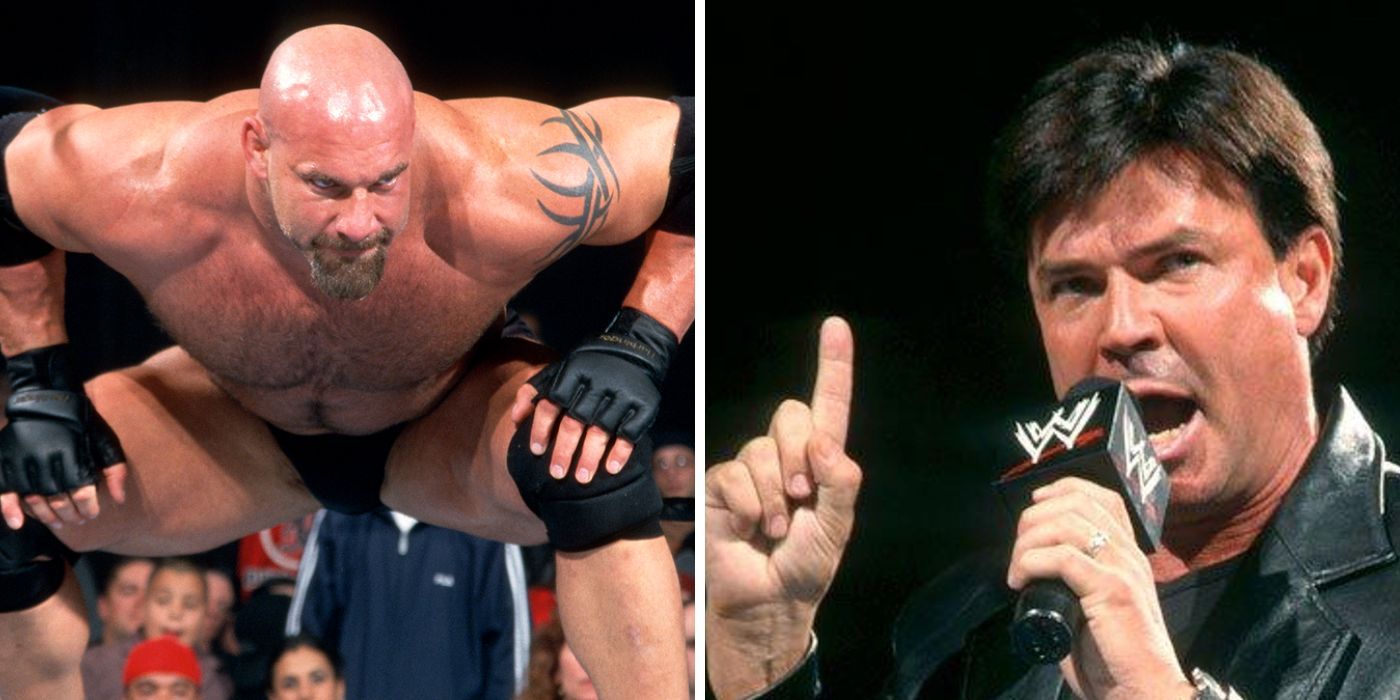
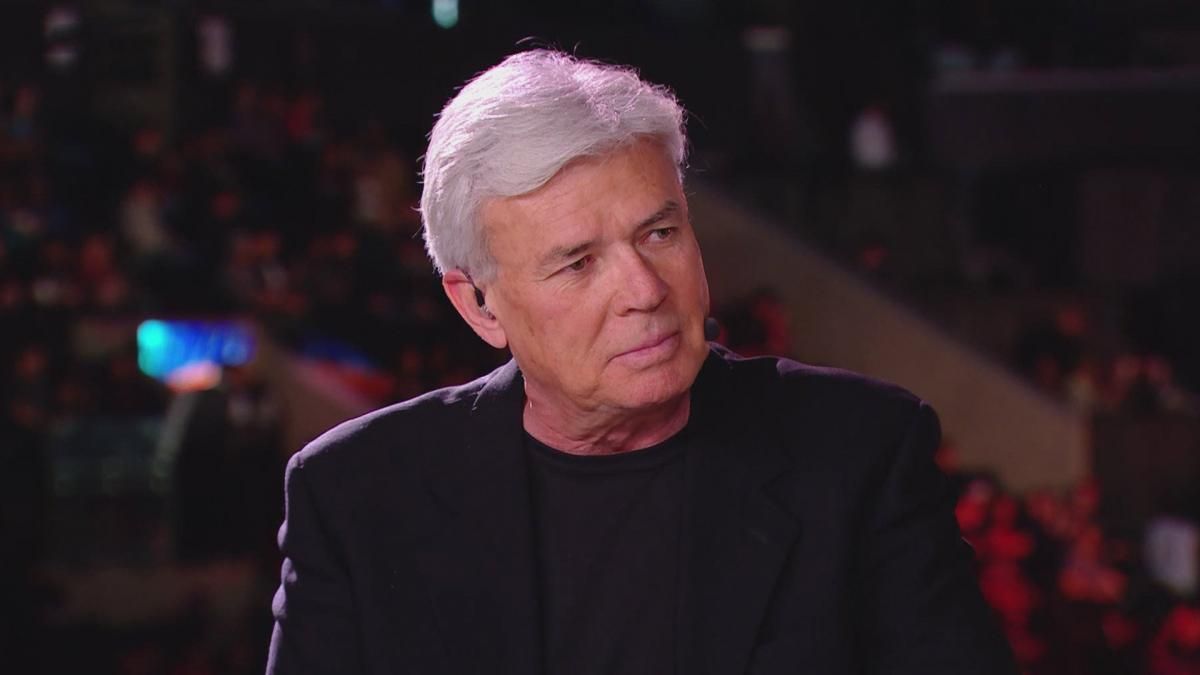
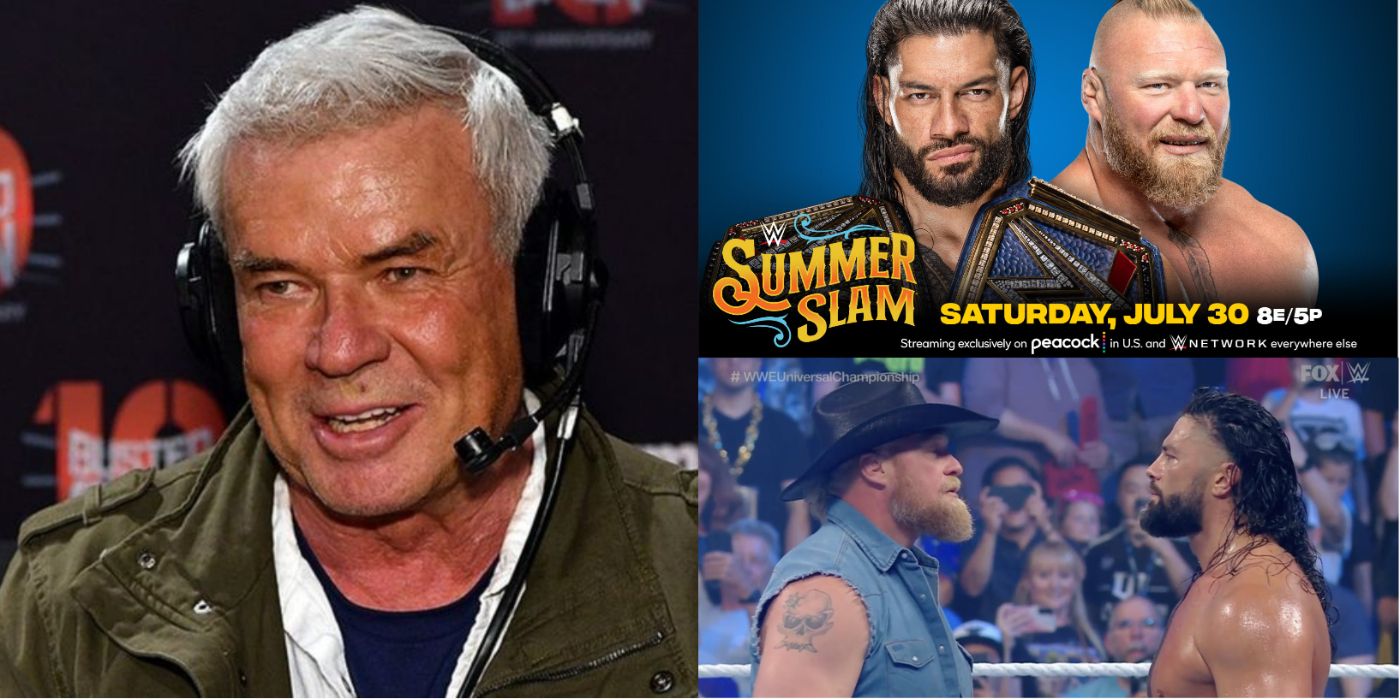
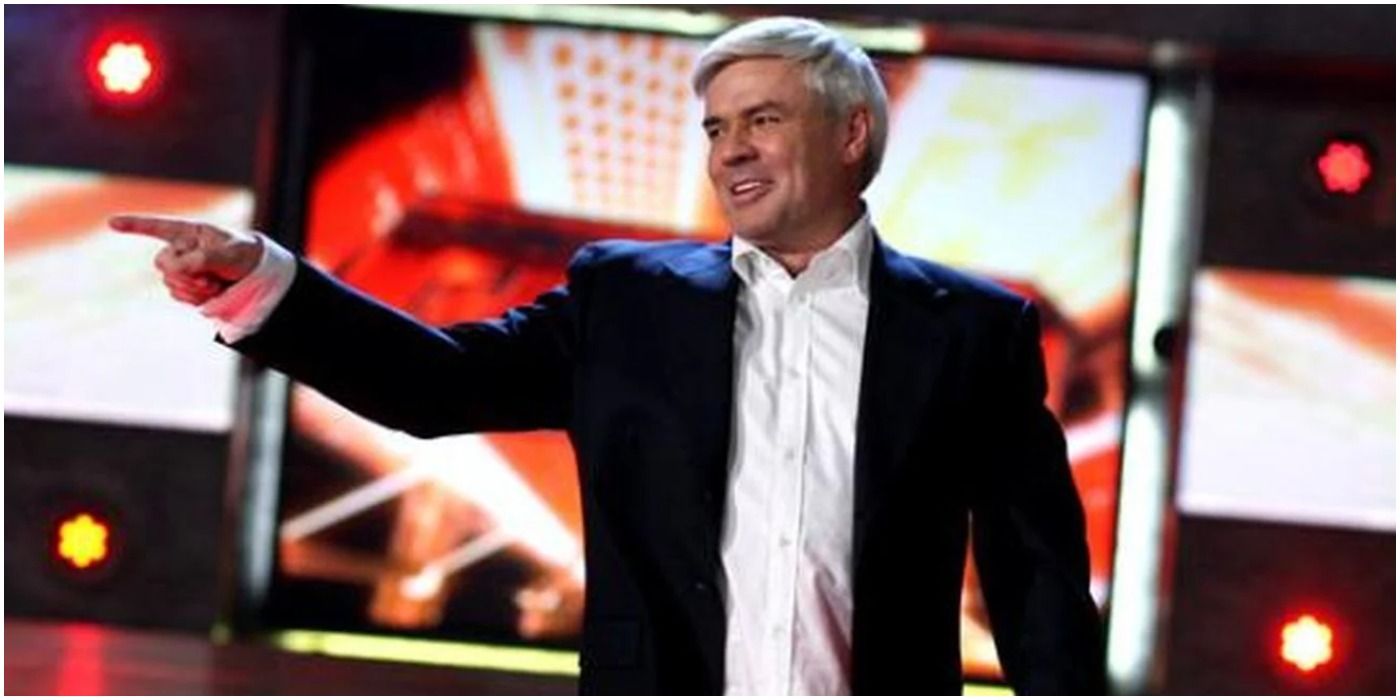
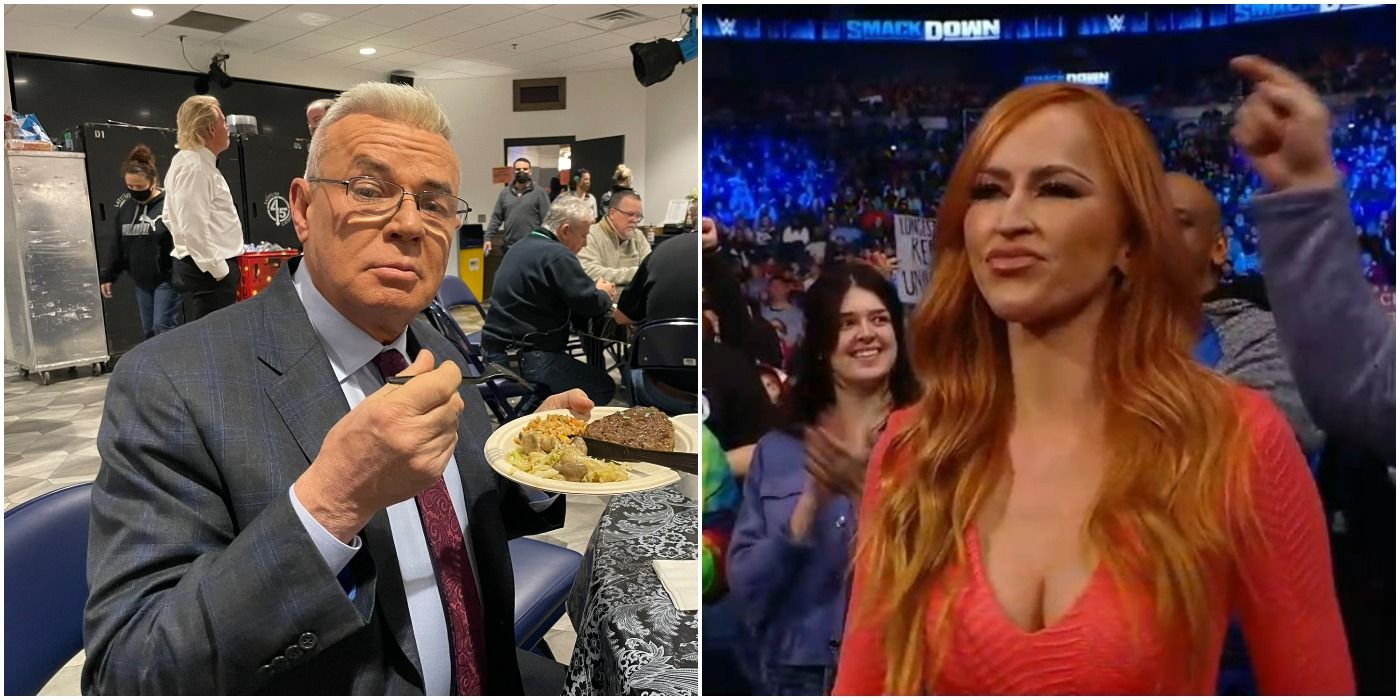
.jpg)
